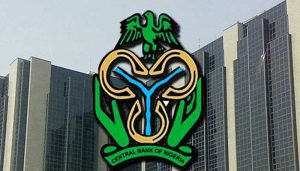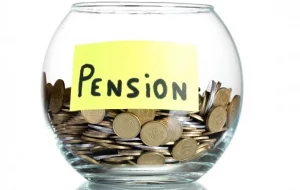
Venezuelan authority has ordered American diplomats to leave the country within 72 hours after President Nicolas Maduro accused U.S. counterpart Donald Trump of cyber “sabotage” that plunged the OPEC nation into its worst blackout on record.
Foreign Minister Jorge Arreaza said U.S. diplomats on Venezuelan soil must leave within three days, after talks broke down over maintaining diplomatic “interest sections” in the two countries.
“The presence on Venezuelan soil of these officials represents a risk for the peace, unity and stability of the country,” the government said in a statement.
The U.S. State Department had announced on Monday it will withdraw its staff from Venezuela this week, saying their presence had become “a constraint on U.S. policy.”
Washington has taken the lead in recognizing opposition leader Juan Guaido as Venezuela’s rightful president after the 35-year-old Congress chief announced an interim presidency in January after declaring Maduro’s 2018 re-election a fraud.
Most countries in Europe and Latin America have followed suit.
Maduro, who retains control of the military and other state institutions as well as the backing of Russia and China, has denounced Guaido as a puppet of the United States.
Julio Castro, of nongovernmental organization “Doctors for Health”, said that 24 people have died in public hospitals since the start of the blackout.
With the blackout in its sixth day, hospitals struggled to keep equipment running, food rotted in the tropical heat and exports from the country’s main oil terminal were shut down.
Venezuela’s opposition-controlled Congress on Monday declared a symbolic “state of alarm” on Monday.
Power returned to many parts of the country on Tuesday, including some areas that had not had electricity since last Thursday, according to witnesses and social media.
But power was still out in parts of the capital of Caracas and the western region near the border with Colombia.
Maduro blamed Washington for organizing what he said was a sophisticated cyber attack on Venezuela’s hydroelectric power operations.
“Donald Trump is most responsible for the cyber attack on the Venezuelan electricity system,” Maduro said in a broadcast from the Miraflores presidential palace on Monday night.
“This is a technology that only the government of the United States possesses.”
Maduro, elected in 2013 following the death of his political mentor Hugo Chavez, officially broke diplomatic relations with the United States on Jan. 23 when it recognized Guaido.
Washington evacuated most of its diplomatic staff two days later.
The blackout was likely caused by a technical problem with transmission lines linking the Guri hydroelectric plant in southeastern Venezuela to the national power grid, experts told Reuters.
Venezuela’s electricity network has suffered from years of underinvestment and lack of maintenance.
With the economy in a tailspin, spare parts are scarce while many skilled technical staff have fled the country amid an exodus of more than three million Venezuelans in three years.
The government suspended schools and business activities on Tuesday for two more days, after doing so on Friday and Monday.
Guaido planned to lead national protests over the blackout in Caracas on Tuesday afternoon.
“With our neighbors and relatives, we will protest in the streets and avenues closest to each other’s home to claim our rights,” Guaido said on Twitter.
Amid signs of a crackdown on media, the National Press Workers’ Union said that prominent radio journalist Luis Carlos Diaz was arrested on Monday by intelligence agents at his home in Caracas.
The Information Ministry did not immediately respond to a request for comment.
Venezuelan authorities briefly detained American journalist Cody Weddle last week before ordering him to leave the country.







